Institutes Of The Christian Religion 1541 French Edition – (Other Language)
$64.99
in stock within 3-5 days of online purchase
SKU (ISBN): 9780802807748
ISBN10: 0802807747
Language: French
John Calvin
Binding: Trade Paper
Published: March 2009
Publisher: William B. Eerdmans Publishing Co.
Print On Demand Product
Related products
-
4 Views On Eternal Security
$22.99Does the Bible support the concept of “once saved, always saved,” or can a person lose his or her salvation? How do the Scriptures portray the complex interplay between grace and free will? These and related questions are explored from different angles in this thought-provoking Counterpoints volume.
Add to cart1 in stock (additional units can be purchased)
-
Misreading Scripture With Western Eyes
$18.00Introduction: Coming To Terms With Our Cultural Blinders
Part One: Above The Surface
1. Serving Two Masters: Mores
2. The Bible In Color: Race And Ethnicity
3. Just Words? LanguagePart Two: Just Below The Surface
4. Captain Of My Soul: Individualism And Collectivism
5. Have You No Shame? Honor/Shame And Right/Wrong
6. Sand Through The Hourglass: TimePart Three: Deep Below The Surface
7. First Things First: Rules And Relationships
8. Getting Right Wrong: Virtue And Vice
9. Its All About Me: Finding The Center Of Gods WillConclusion: Three Easy Steps For Removing Our Cultural Blinders?
Acknowledgments
Resources For Further Exploration
NotesAdditional Info
What was clear to the original readers of Scripture is not always clear to us. Because of the cultural distance between the biblical world and our contemporary setting, we often bring modern Western biases to the text. For example: When Western readers hear Paul exhorting women to “dress modestly,” we automatically think in terms of sexual modesty. But most women in that culture would never wear racy clothing. The context suggests that Paul is likely more concerned about economic modesty–that Christian women not flaunt their wealth through expensive clothes, braided hair and gold jewelry.Some readers might assume that Moses married “below himself” because his wife was a dark-skinned Cushite. Actually, Hebrews were the slave race, not the Cushites, who were highly respected. Aaron and Miriam probably thought Moses was being presumptuous by marrying “above himself.”Western individualism leads us to assume that Mary and Joseph traveled alone to Bethlehem. What went without saying was that they were likely accompanied by a large entourage of extended family. Biblical scholars Brandon O’Brien and Randy Richards shed light on the ways that Western readers often misunderstand the cultural dynamics of the Bible. They identify nine key areas where modern Westerners have significantly different assumptions about what might be going on in a text. Drawing on their own crosscultural experience in global mission, O’Brien and Richards show how better self-awareness and understanding of cultural differences in language, time and social mores allow us to see the Bible in fresh and unexpected ways. Getting beyond our own cultural assumptions is increasingly important for being Christians in our interconnected and globalized world. Learn to read Scripture as a member of the global body of Christ.Add to cart1 in stock (additional units can be purchased)
-
Psychology Of The Fruit Of The Spirit
$29.99For centuries, the fruit of the Spirit has rightfully served as a wellspring of reflection on the virtues that epitomize the Christian life and character-building. However, the notion of the fruit of the Spirit is not limited solely to forming the biblical foundation of ethical living.
Psychologist and theologian Zoltan Dornyei argues that if we understand the nine attributes collectively as a concise portrayal of the ideal Christian self, this approach places the notion of the fruit of the Spirit at the intersection of several important theological themes, such as being conformed to the divine image, the gradual advancement of the kingdom of God, and new creation. In The Psychology of the Fruit of the Spirit, Dornyei offers a scholarly exposition of the relevant theological content associated with the fruit of the Spirit. Complementing his theological reflections with findings from the field of psychology, he brings expertise in both psychology and theology to bear on this important biblical concept. His integrated perspective helps to uncover the full meaning and theological potential of the fruit of the Spirit by helping to clarify the nature of its nine facets, defining broader psychological dimensions that underlie the fruit, and offering practical lessons for cultivating it in the Christian life.
Add to cart1 in stock
-
Knowledge Of God In The World And The Word
$29.99Amid the crisis of authority in our modern and postmodern era, Christians need to be able to point to God’s revelation in the natural world in addition to defending God’s unique revelation in the Bible and in the person of Jesus Christ.
Classical apologetics takes a two-step approach to commending the Christian picture of reality. First, arguments for the existence of God, such as those of natural theology, are employed to create common ground with people outside the household of the Christian faith and to provide intellectual support for Christians. Second, classical apologetics defends key items of Christian revelation, including the reliability of the Bible, the identity of the historical Jesus, and the resurrection of Jesus Christ from the dead.
In Knowledge of God in the World and the Word, authors Douglas Groothuis and Andrew Shepardson provide a simple introduction to classical apologetics that also addresses the most common objections to natural theology. Readers will discover in the book an easy point of entry into understanding why Christian beliefs about Jesus are true and rational. Further, the authors apply the power of classical apologetics to Christian ministry.
Add to cart2 in stock

 Love You Forever
Love You Forever
 Passion Code : 100 Days With Jesus
Passion Code : 100 Days With Jesus


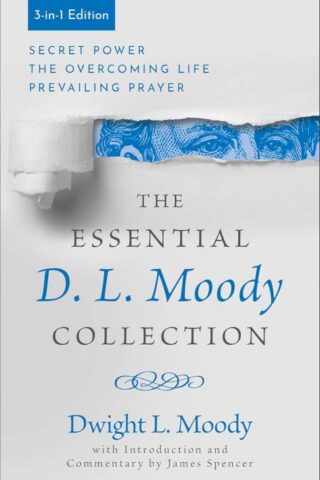


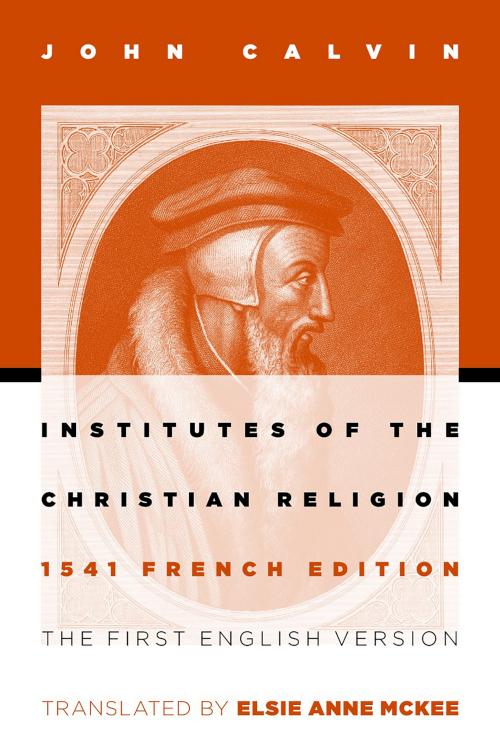

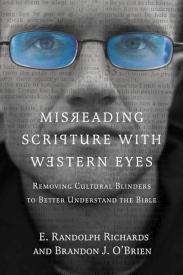
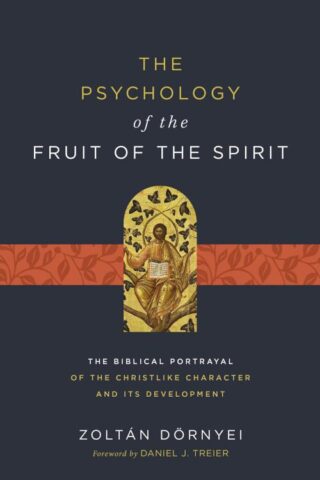
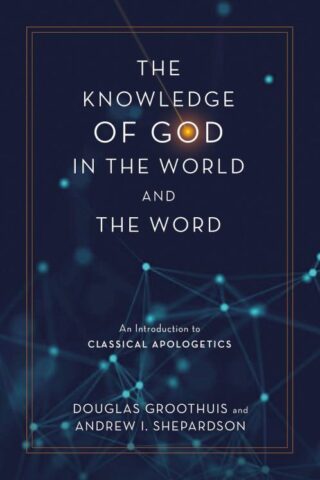




Reviews
There are no reviews yet.